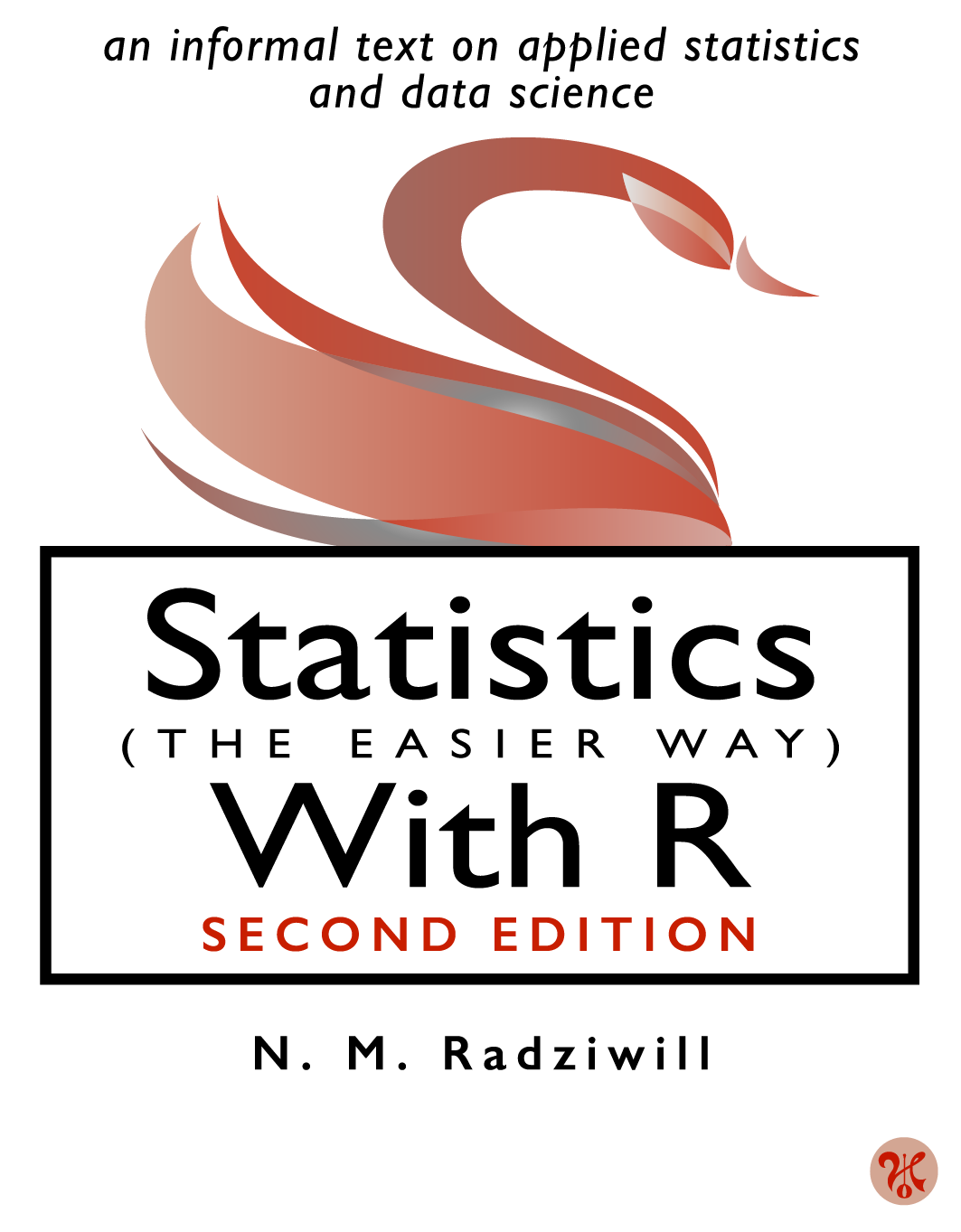I have a hard time remembering that MOOC means “Massive Open Online Course” because I get it confused with MOOP (obviously) and, unfortunately for me, MUD (“Multi-User Dungeon”). MOOCs are gaining a lot of attention as more and more people experience them — they very effectively support the principle of participation. As expressed by my statistician friend John Johnson – MOOCs have exploded!
When I enrolled in my first MOOC a couple years ago, it was a really new concept. I just liked the idea of a free online course where I could learn some useful stuff (Artificial Intelligence) from well-known experts (Thrun & Norvig). I also liked the idea that I could remain pretty much anonymous, so if I struggled with some concepts, no one would know! Of course, the flip side of this is that if I was had any trouble, well… I was pretty much on my own.
This class totally made me confront a need for radical self-reliance. From his experiences, John agrees:
Now, the hard part. These classes require self-discipline. Like universities, there are some duds as well. At least you can add and drop at will, not worrying about prerequisites. You have to take responsibility for your own education and your own motivation.
There is no one around making you do the work. There is no one to hold your hand. In fact, there is no one around to even NOTICE that you are doing the work. Effort doesn’t count… if you want a pat on the back, you are going to have to get limber enough to pat it yourself. There are no smiles, no tokens of love or affection, no moral support. There are no grades, so you can’t get your fix from an A. If you can pass some exams at the end, they’ll give you a certificate of accomplishment (but not everyone has the commitment or the incentive to get that far – I didn’t).
So here’s the punch line, for me at least:
What have we been waiting for? What’s so unique about relying on radical self-reliance for success in a 100,000 person online course? This is hardly a huge revelation… the only novelty, in my opinion, is that the sheer volume of participants in a MOOC makes it easy for a student to understand that just showing up is not enough, you don’t get credit for participation, you can’t rely on team members to pull you through for a grade, that the real value is in demonstrating personal competency so you can add value to others… and so forth. Also, these courses are free, and most people expect to have to pay for the privilege of being able to sit through a class, get some hand holding, get a grade, and maybe even make it out of a course without doing much work.
As educators, we should cultivate radical self-reliance as a core value in our regular, in-person undergraduate classes too.








